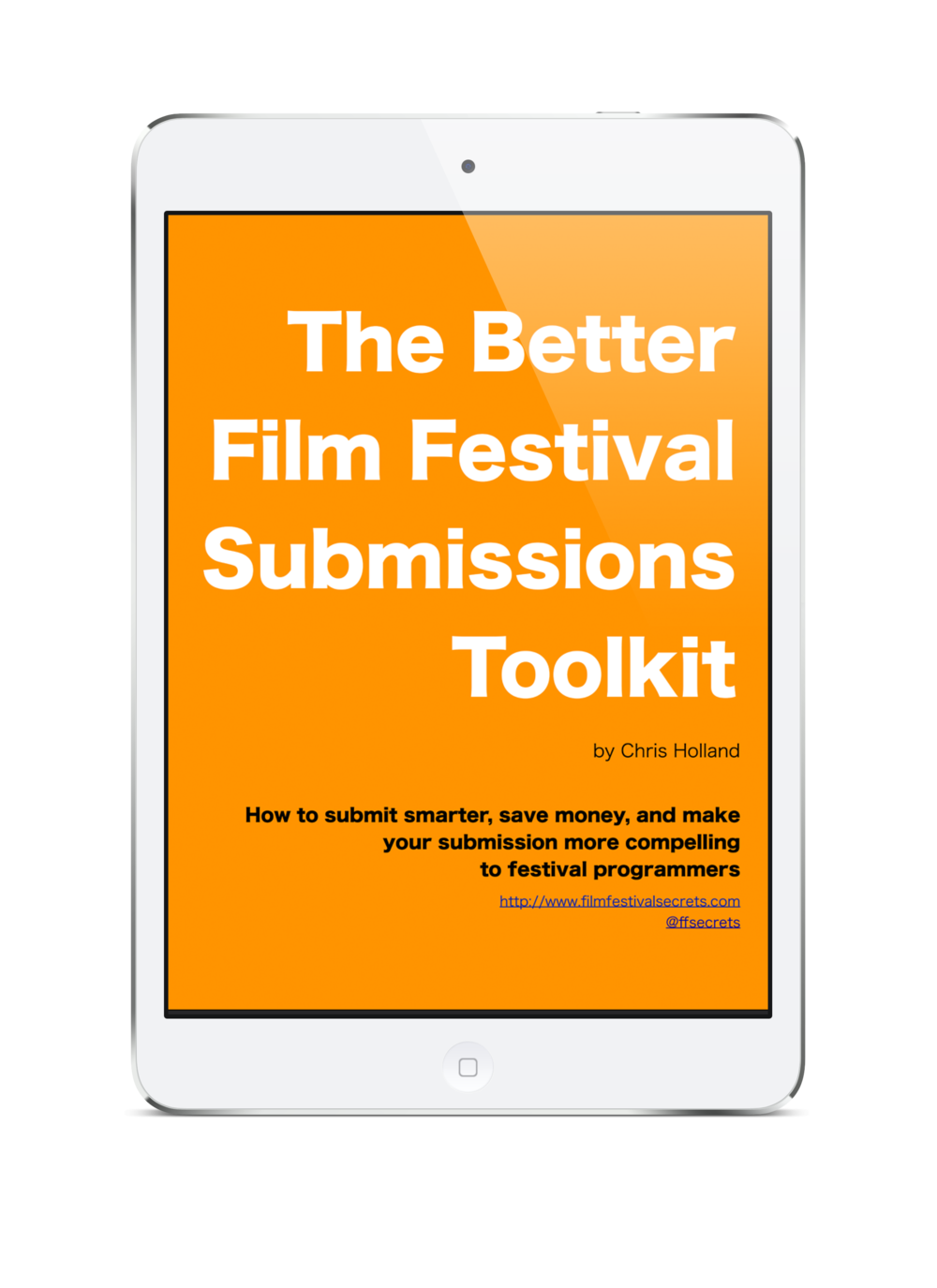 With each week's report on the world economy looking grimmer than the last, there are a lot of reasons to be depressed. Layoffs are rampant, credit has dried up, and just the simple act of listening to NPR on the way home from work makes me want to hole up in my house with a shotgun, some Pop-Tarts, and my Roku player. For indie filmmakers used to making something out of nothing, however, it's business as usual -- and it may even be a better environment for those who know how to operate on the cheap.
With each week's report on the world economy looking grimmer than the last, there are a lot of reasons to be depressed. Layoffs are rampant, credit has dried up, and just the simple act of listening to NPR on the way home from work makes me want to hole up in my house with a shotgun, some Pop-Tarts, and my Roku player. For indie filmmakers used to making something out of nothing, however, it's business as usual -- and it may even be a better environment for those who know how to operate on the cheap.
Last week Erin Donovan posted an article listing some reasons that the current "financial collapse" would be good for documentary film; here are some additional ways that the recession could be a good thing for you.
1. In a down economy, barter is easier. This goes for everything from equipment rental to props to editing; when money is tight, service providers are more likely to trade services or alternative forms of payment. Equipment sitting on the shelf doesn't help anyone, so this is the time to go to the local rental house with a discount proposition. Maybe you can offer them prominent credit placement on your popular series of webisodes -- exposure which is more valuable during a recession. Some businesses will help you out in the hopes that when the economy does improve they can convert you into a paying customer.
2. Partnerships are easier to forge. Similar to #1, other filmmakers can be easier to approach when funds dry up and everyone is looking for ways to cut costs. Maybe you own a camera and they've got the lighting setup -- ordinarily you might rent or buy the setup yourself, but a bit of belt-tightening can encourage you to reach out into the local film community to find what you need in trade. You don't have to sing a John Lennon song while you shoot, but a little bit of cooperation between fellow filmmakers is good for the soul. Craigslist is a great resource for finding production buddies.
3. Consumers spend more on smaller pleasures instead of extravagant expenses. Erin's third point ("audiences still pay to see movies") was that people are still going out to the movies, even when they don't spend money on other things. A more encouraging thought is that when people deny themselves the larger pleasures of a fancy dinner out or a vacation trip, they're more likely to indulge in additional small entertainments. They might even take some risks when it comes to their choice of entertainment. A night out to see your indie film at the local art house costs way less than a night at the symphony, and when the blockbusters run out your film will be there to provide something a bit different. Step up your marketing efforts to reach those stay-at-home vacationers who want something interesting to do on a Saturday night.
4. There could be more opportunity to build your portfolio of commercial work. This is not to say that you should actively campaign to take work from other working professionals, but in an environment when everyone is looking to cut costs, local businesses will be more willing to take a chance on a low-budget filmmaker when it comes time to make the latest commercial for late night cable. You can also offer yourself as an unpaid intern to that local professional who now prefers to pay his grips and assistant editors in training instead of cash.
5. Restrictions encourage creativity. Every aspiring filmmaker knows the story of Jaws and the fact that Stephen Spielberg's malfunctioning mechanical sharks forced him to shoot the film in a more suspenseful way. Similarly your empty wallet will force you to focus on finding inventive ways to tell the story you want to tell while working within your means. Even in a booming economy, the filmmaker who can work with a smaller budget is always in demand.
Send your methods for taking advantage of the recession to chris at filmfestivalsecrets dot com.
Photo by JDAC.


